We only think when we are confronted with problems
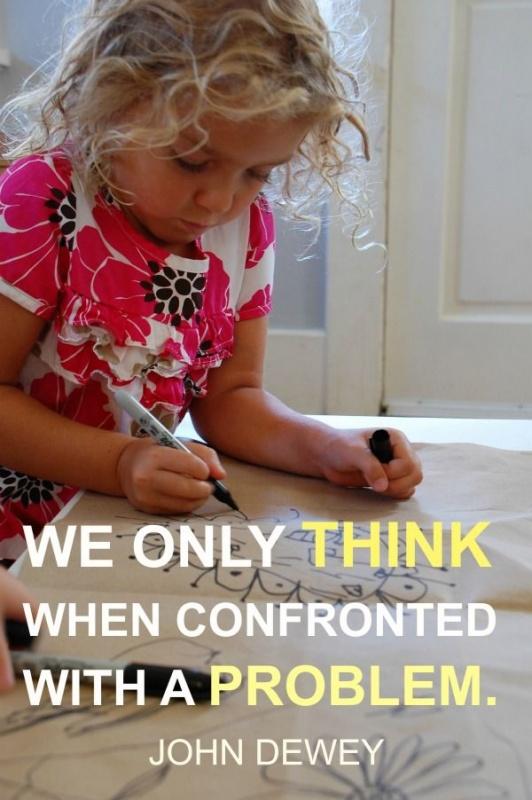
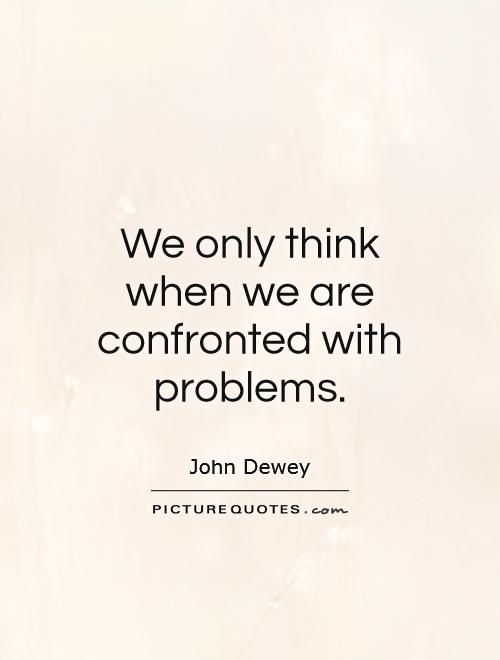
We only think when we are confronted with problems
John Dewey, a prominent American philosopher, psychologist, and educational reformer, believed that thinking is a natural response to problems and challenges that we encounter in our daily lives. According to Dewey, we only engage in deep and meaningful thinking when we are confronted with problems that require us to actively seek solutions and make decisions.Dewey argued that problem-solving is an essential aspect of human cognition and that it is through the process of grappling with problems that we develop our critical thinking skills and expand our understanding of the world. He believed that problems serve as stimuli for thought, prompting us to analyze, evaluate, and synthesize information in order to come up with creative and effective solutions.
In Dewey's view, thinking is not a passive or automatic process but rather an active and intentional one that is driven by the need to address challenges and overcome obstacles. He emphasized the importance of experiential learning, where individuals are encouraged to engage in hands-on activities and real-world problem-solving tasks in order to develop their cognitive abilities and enhance their problem-solving skills.
Dewey's philosophy of education was based on the idea that learning should be a dynamic and interactive process that is centered around the student's interests and experiences. He believed that students learn best when they are actively engaged in solving problems and exploring new ideas, rather than passively receiving information from teachers.
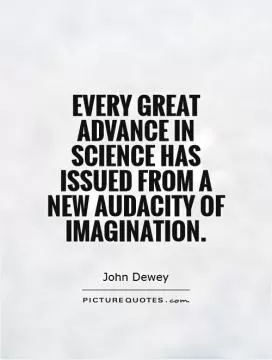


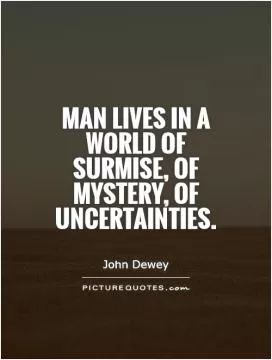
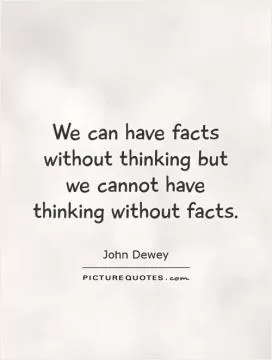
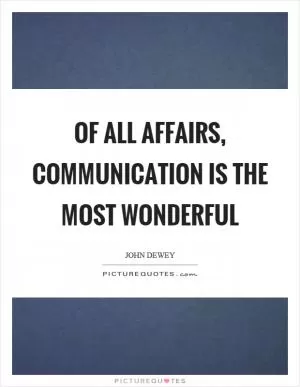
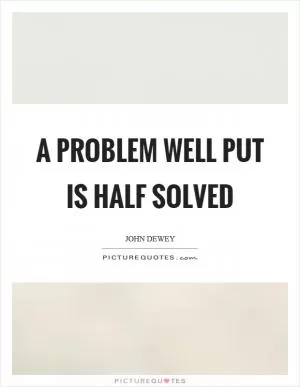
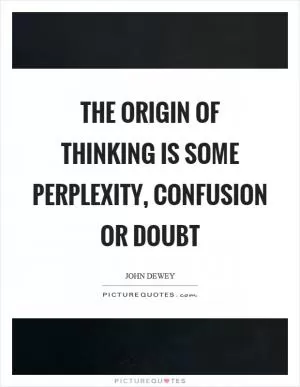

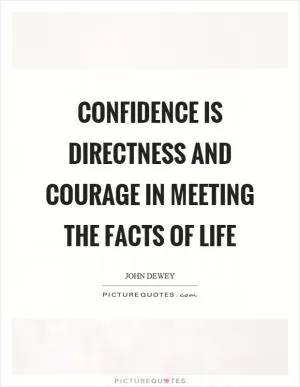
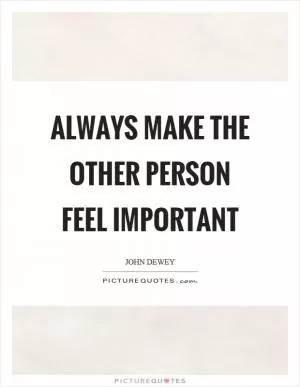
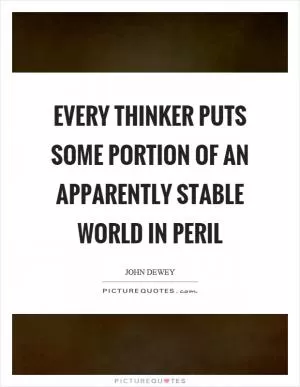
 Friendship Quotes
Friendship Quotes Love Quotes
Love Quotes Life Quotes
Life Quotes Funny Quotes
Funny Quotes Motivational Quotes
Motivational Quotes Inspirational Quotes
Inspirational Quotes